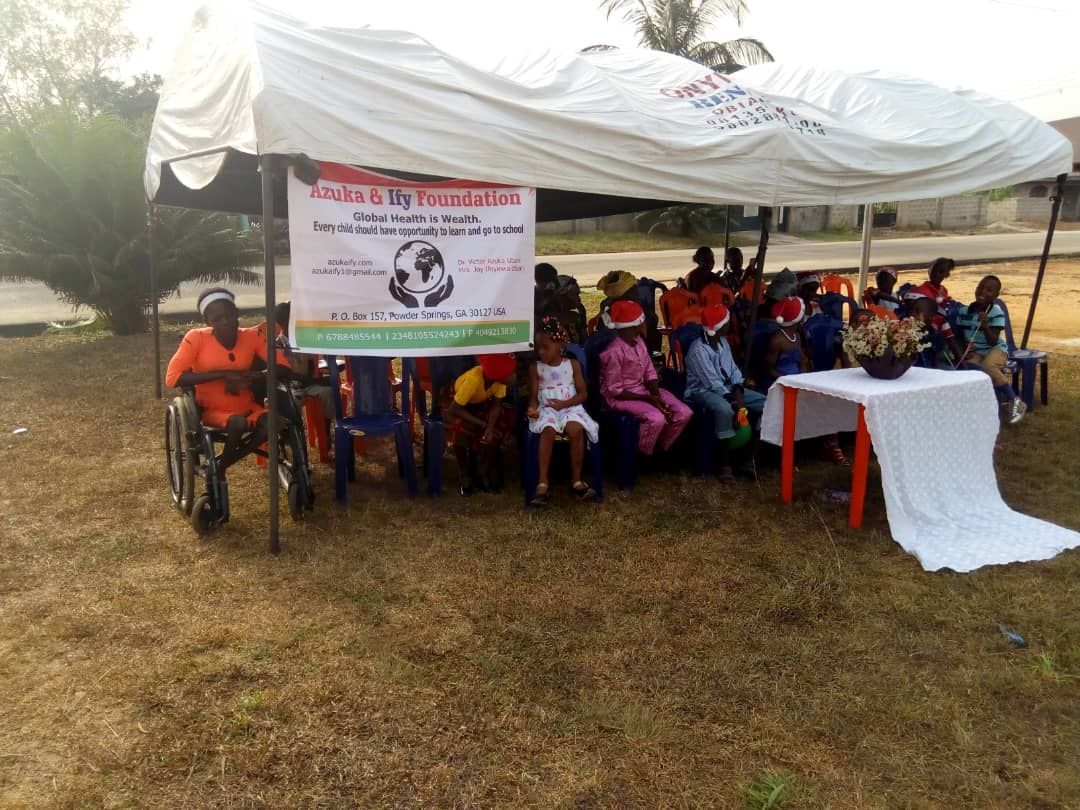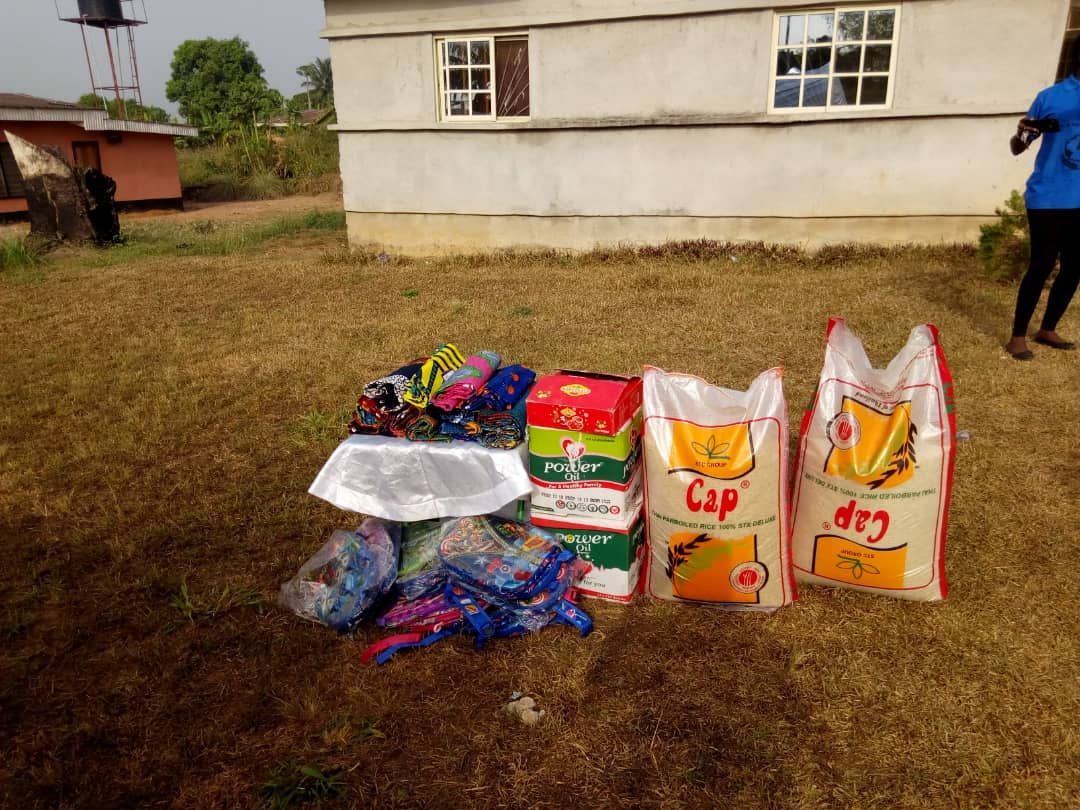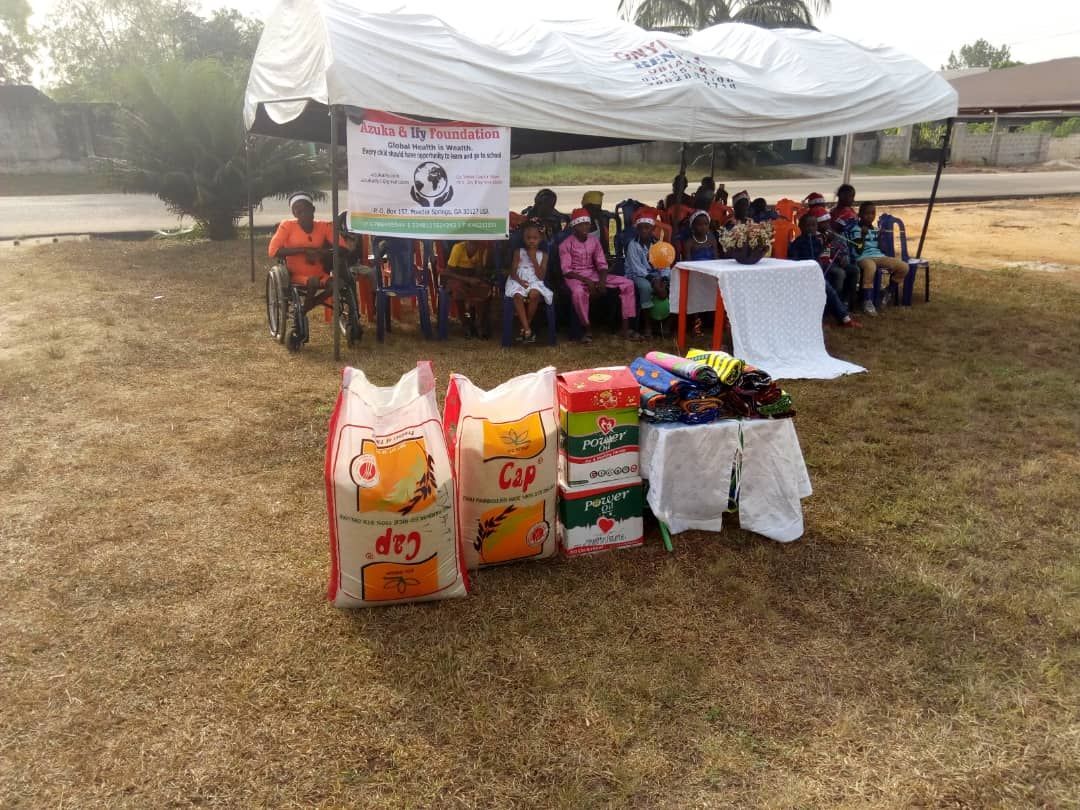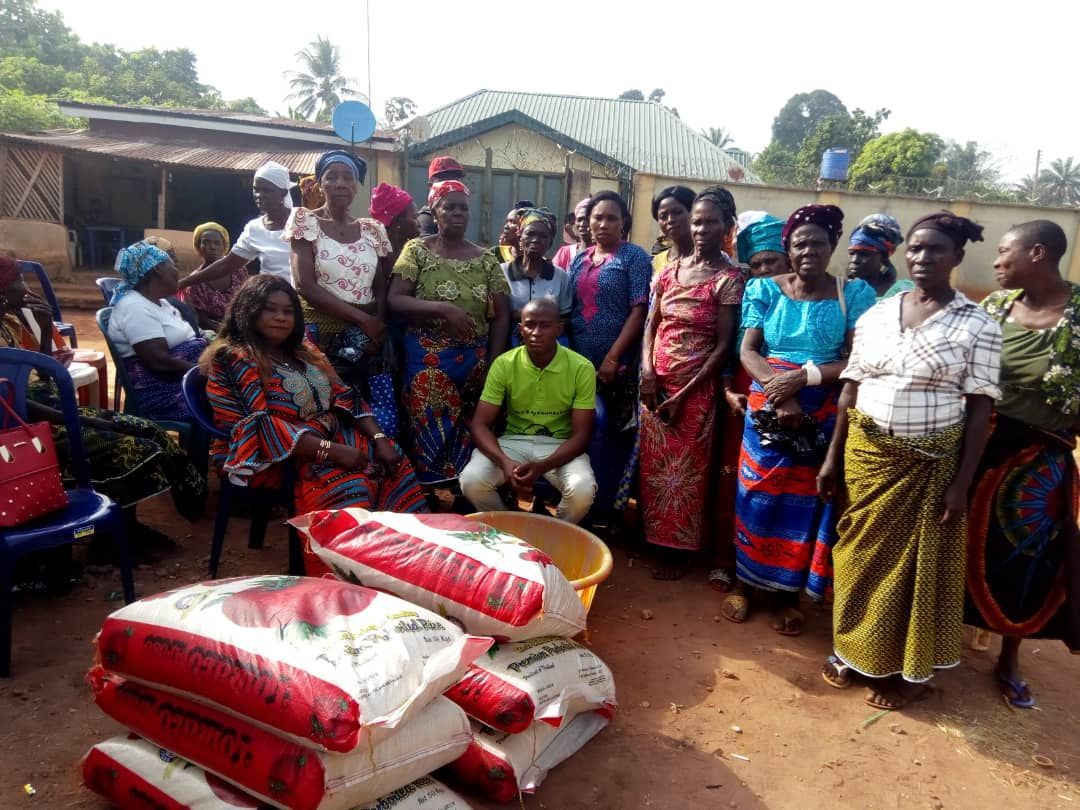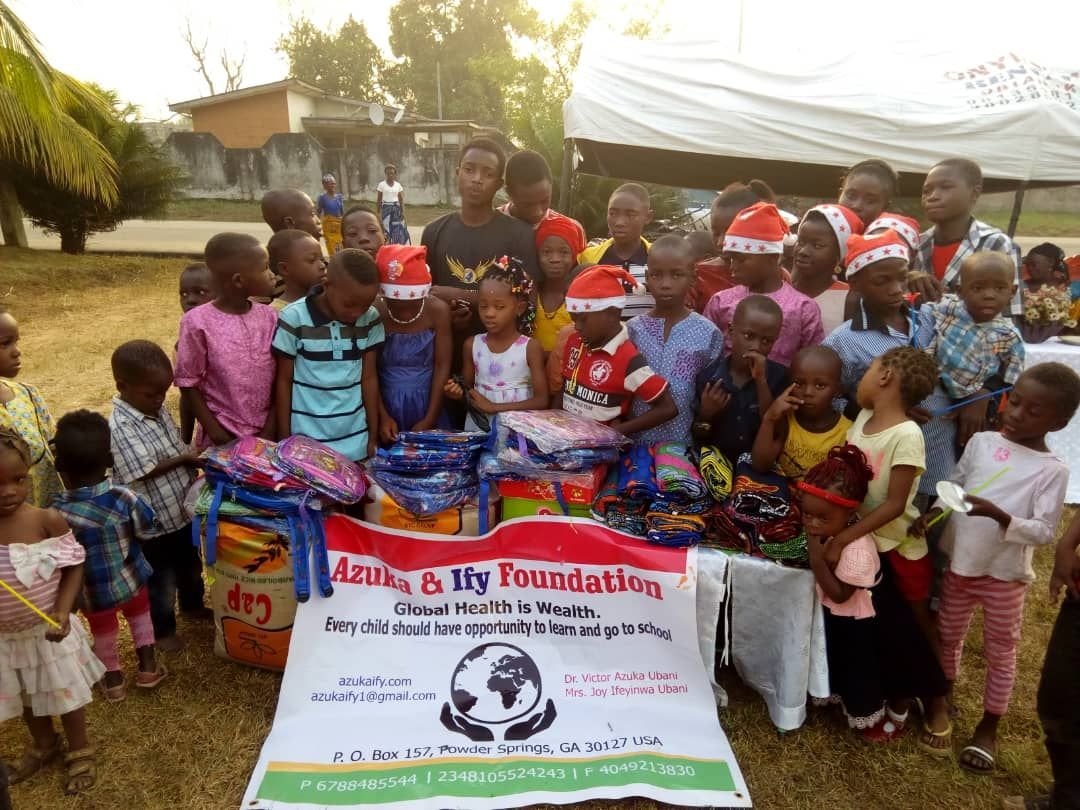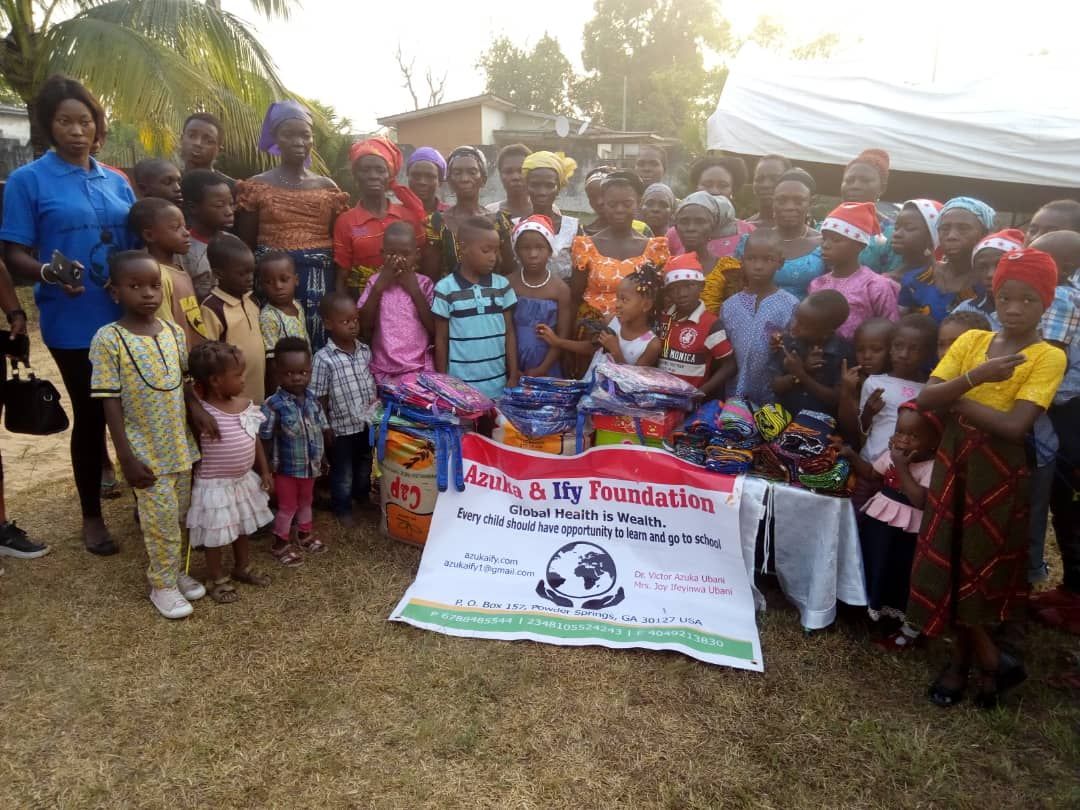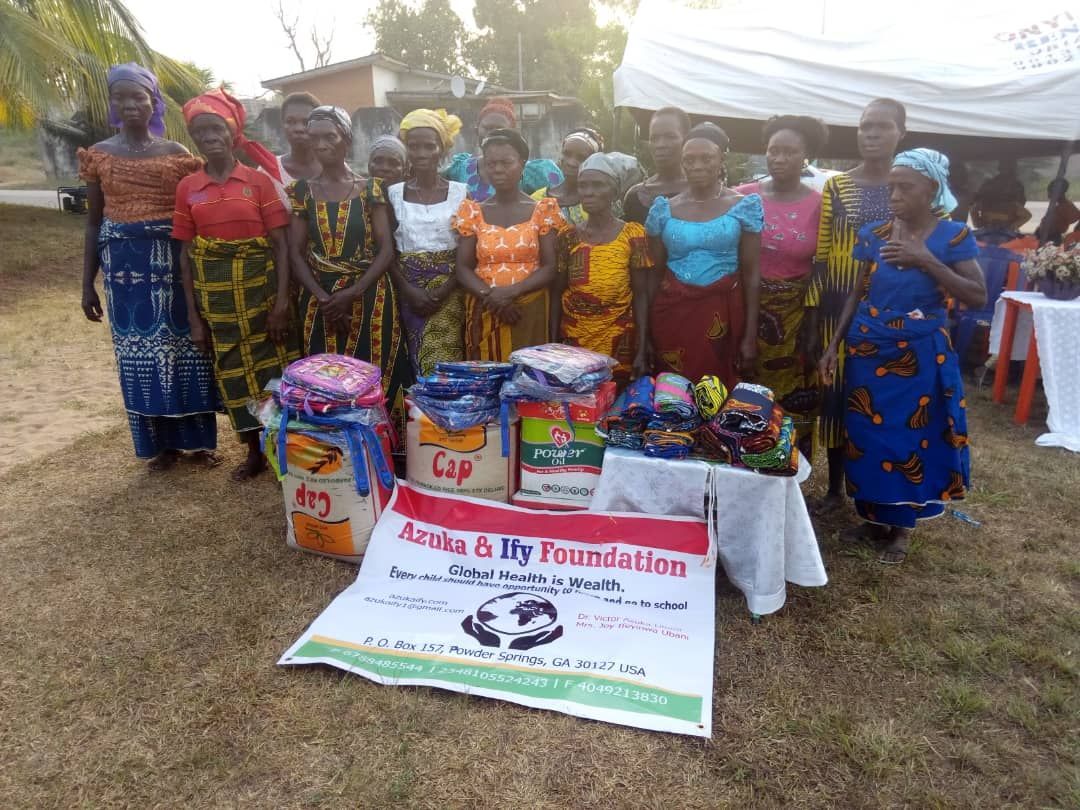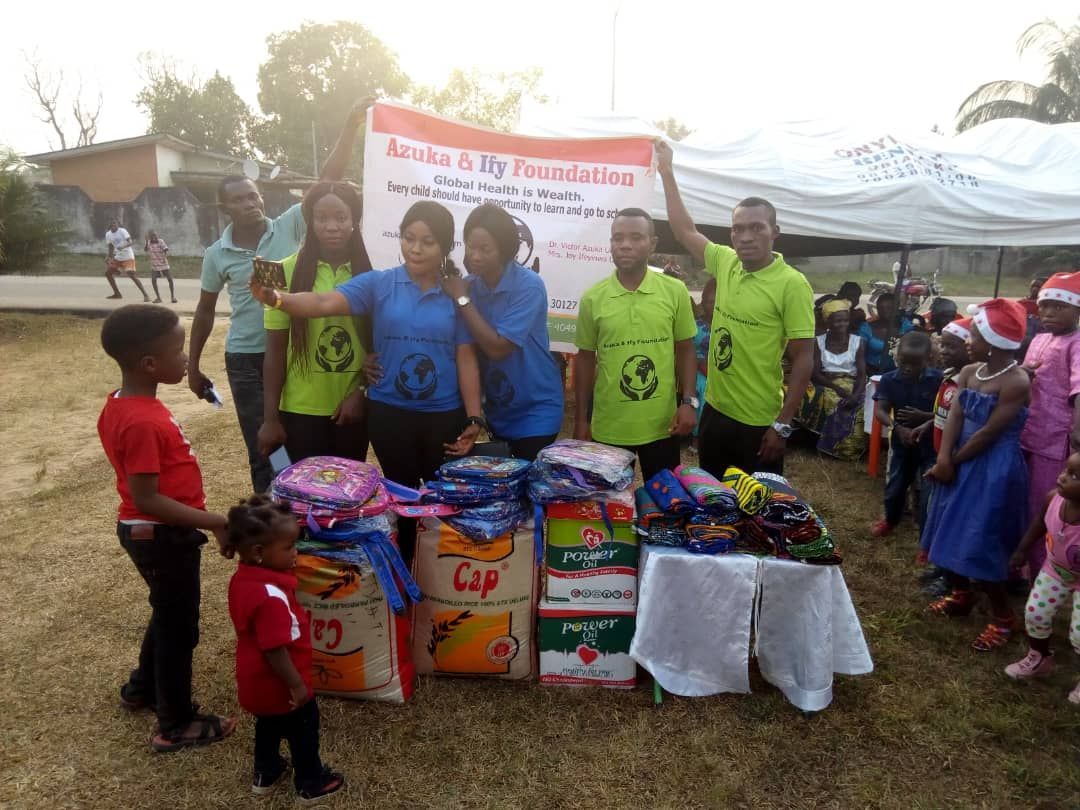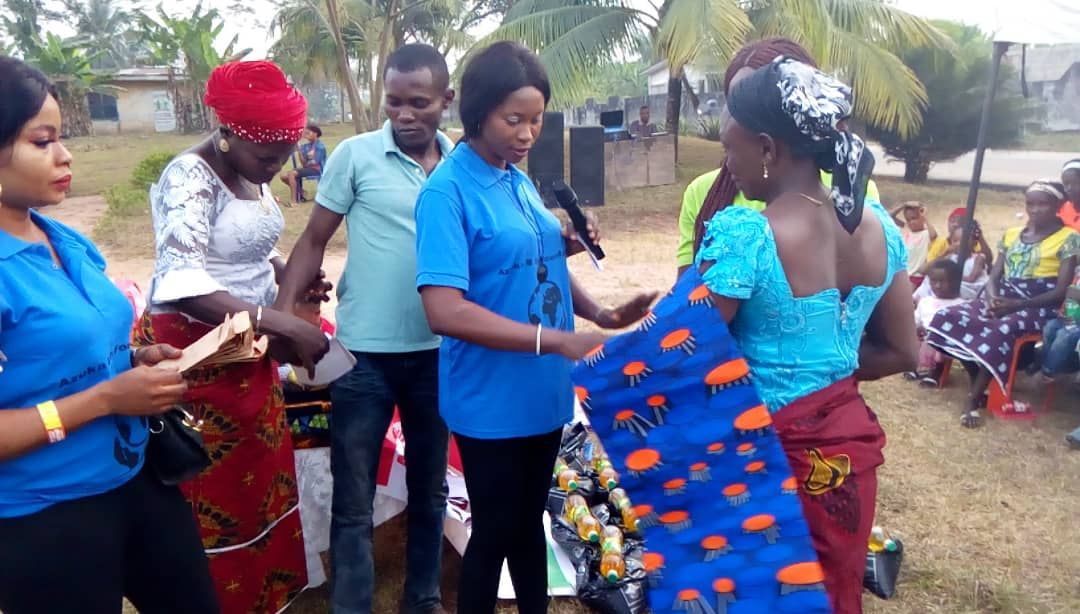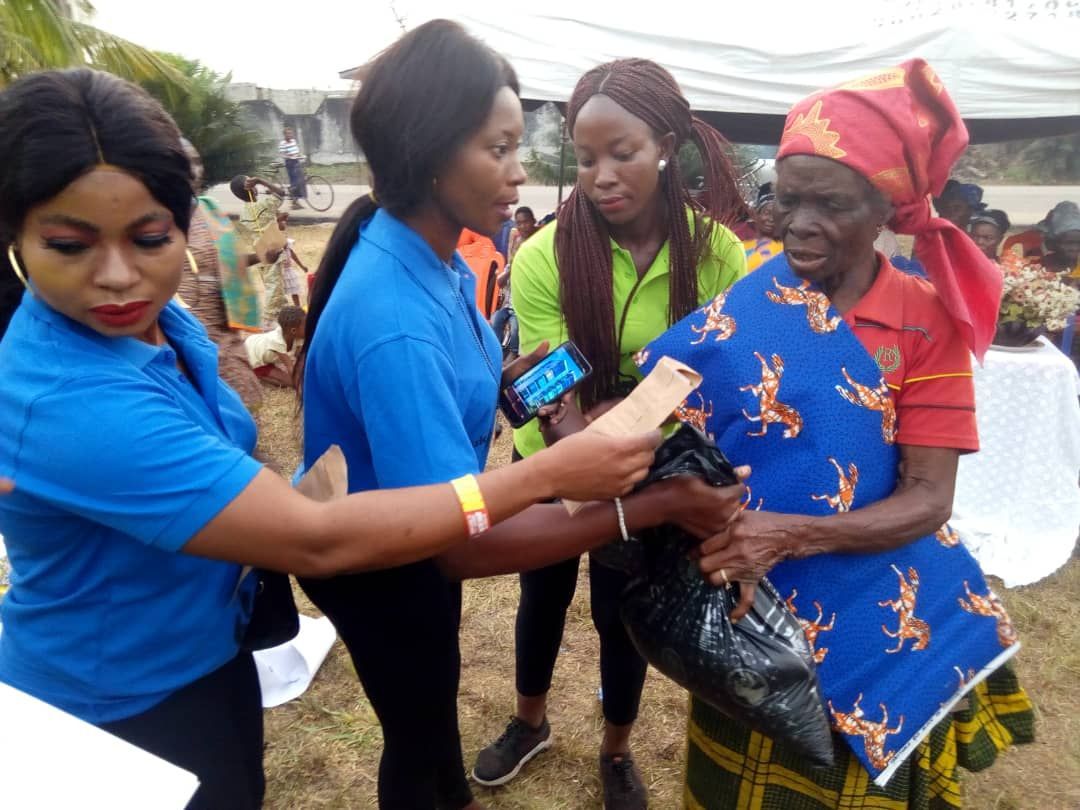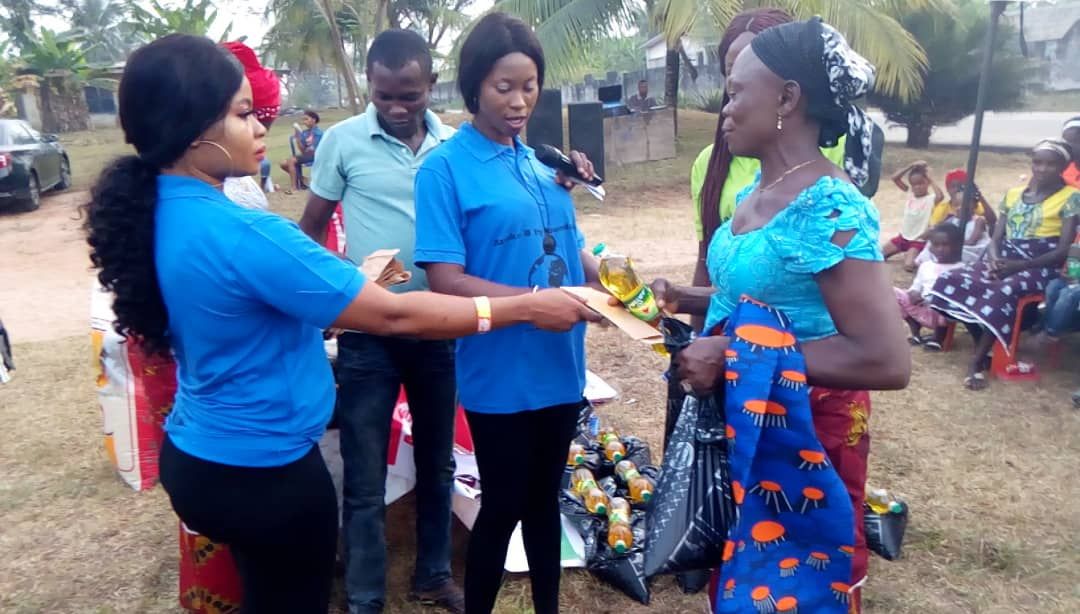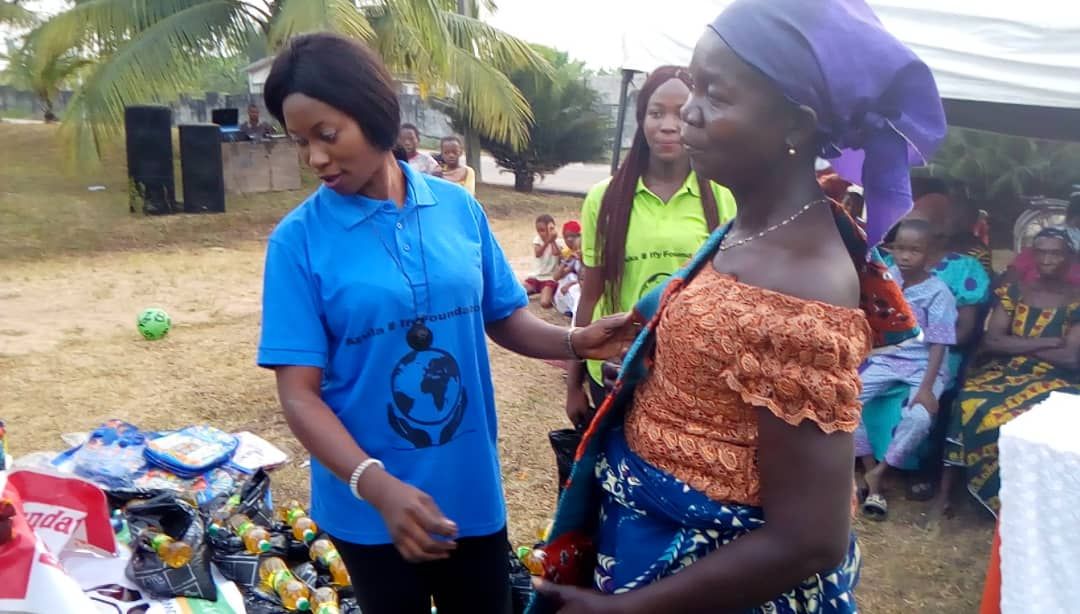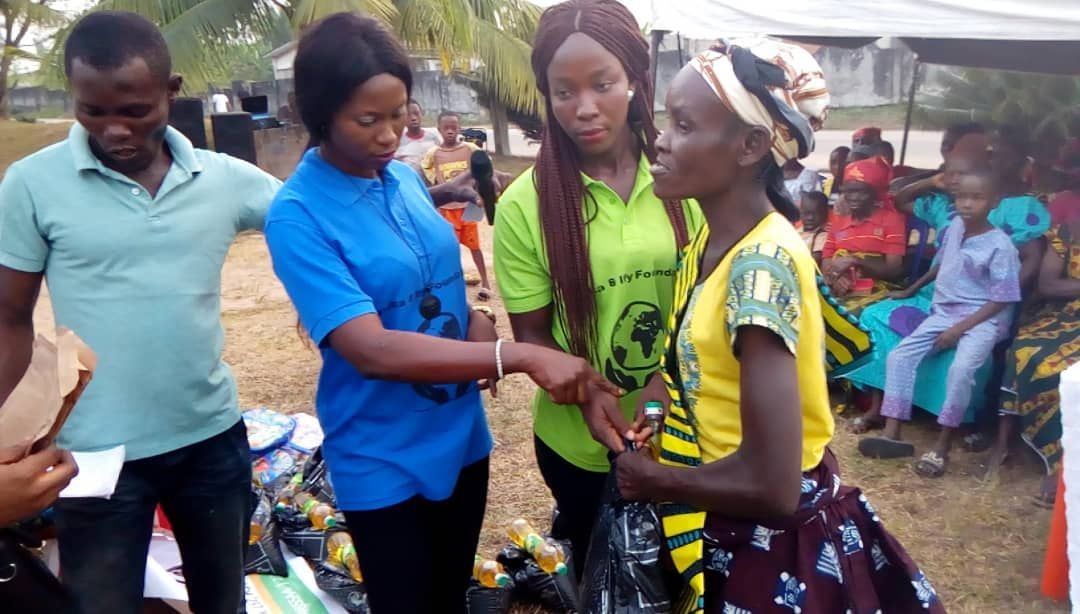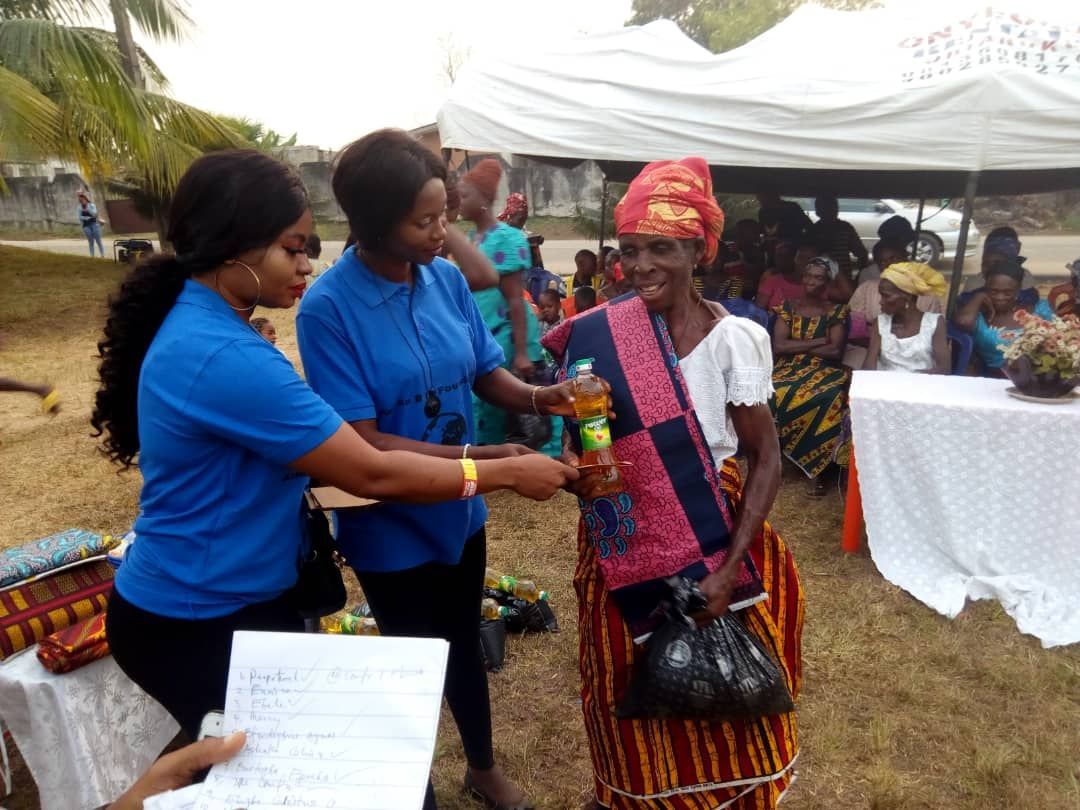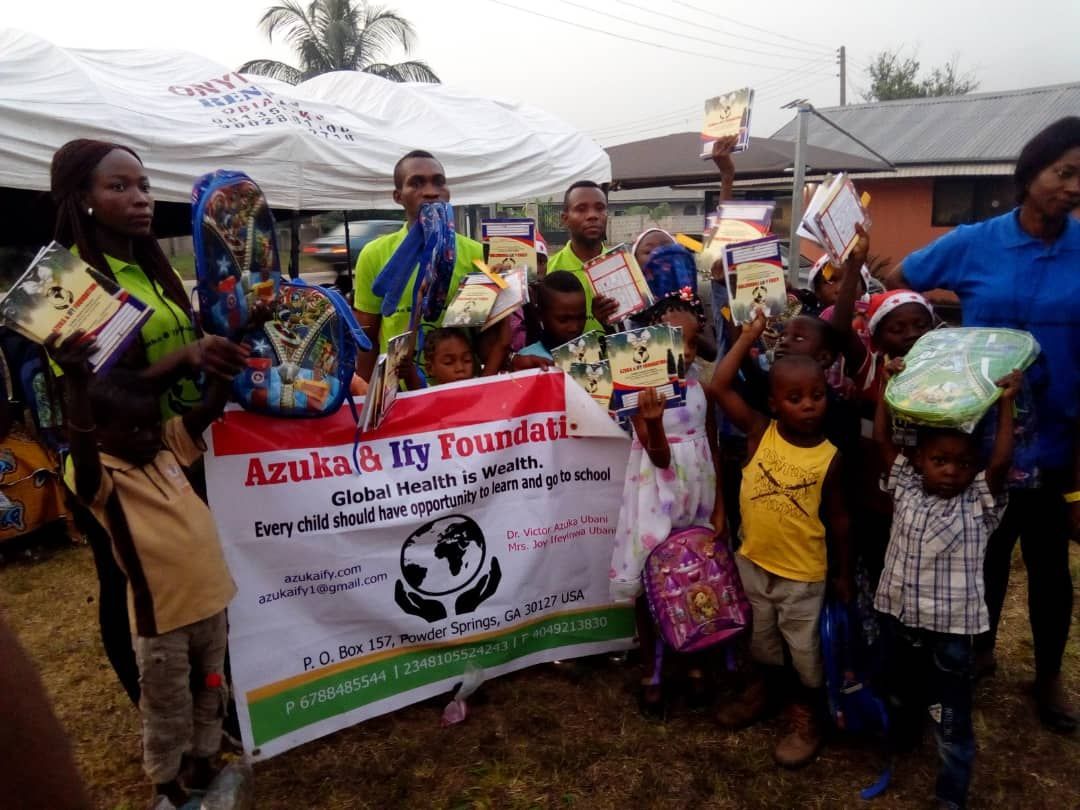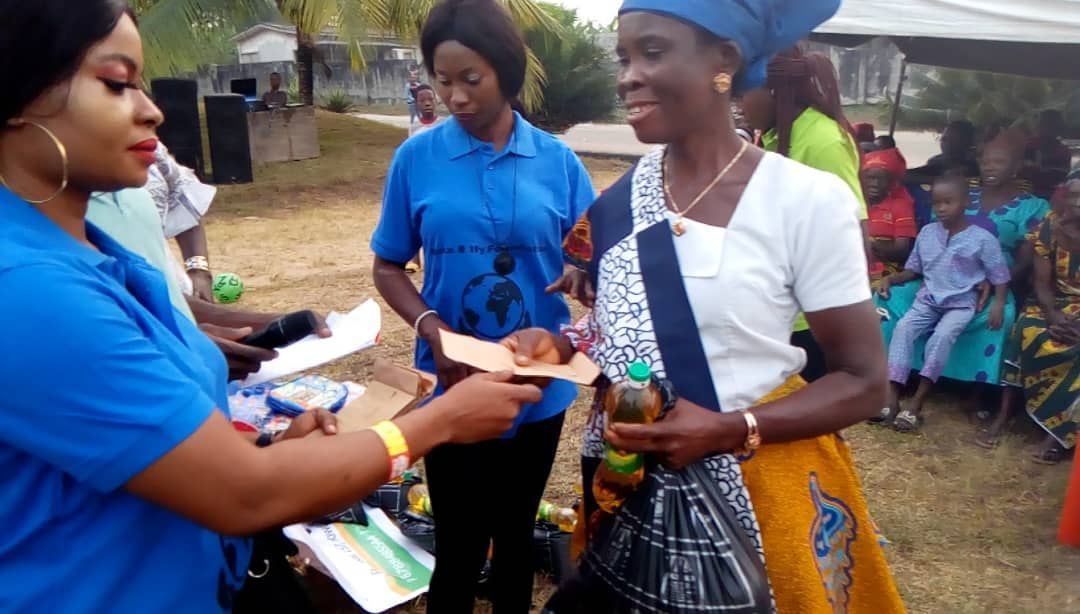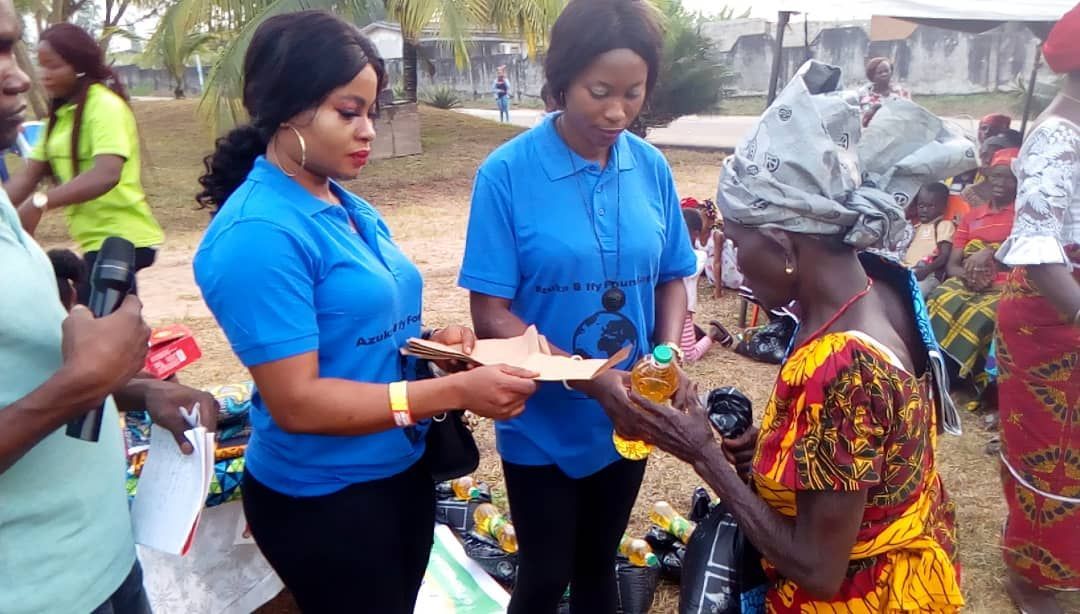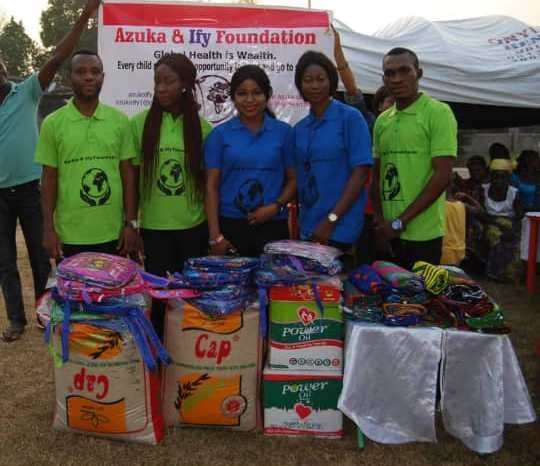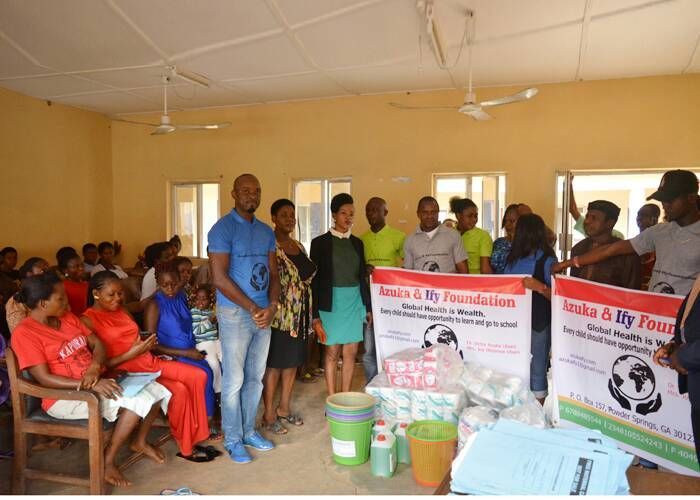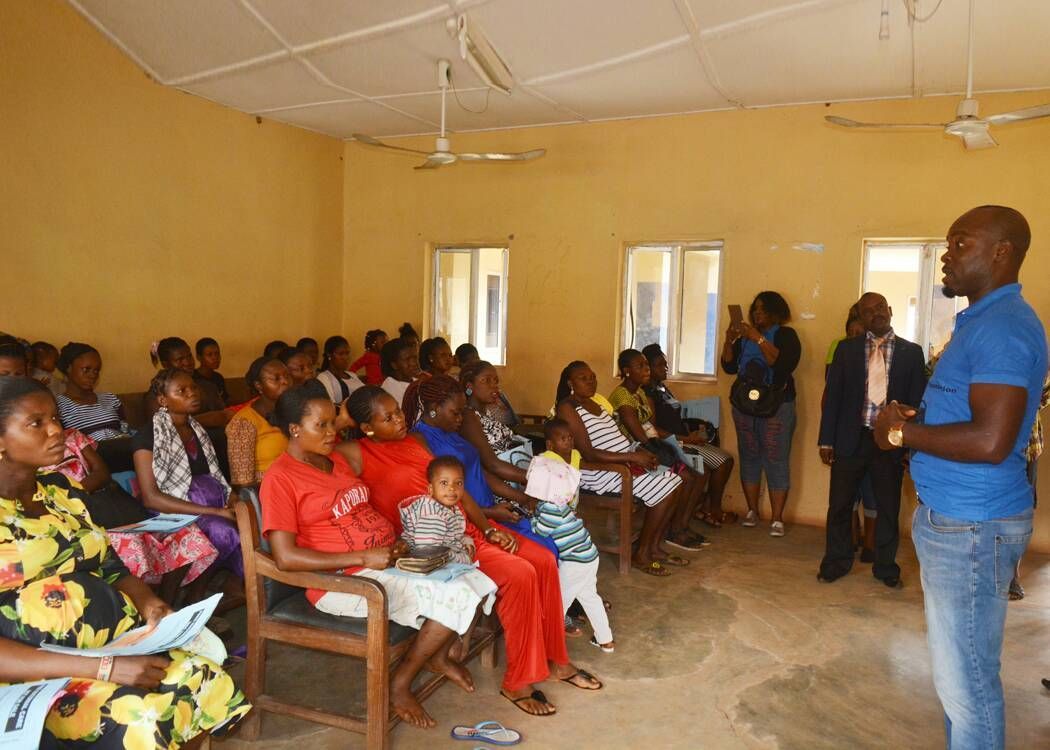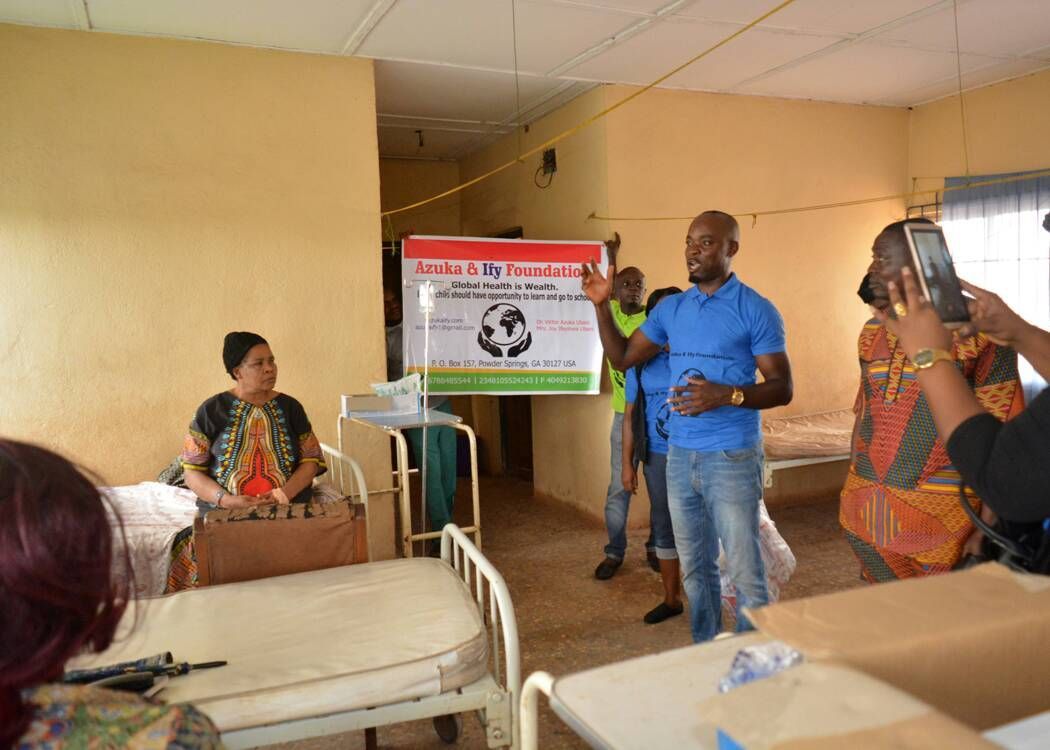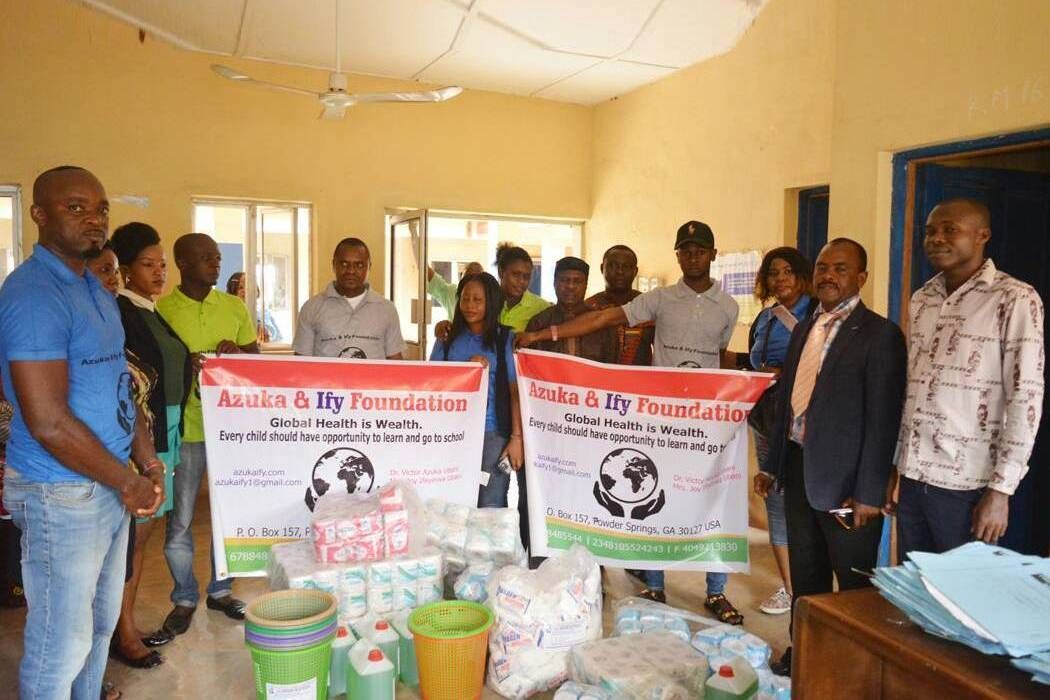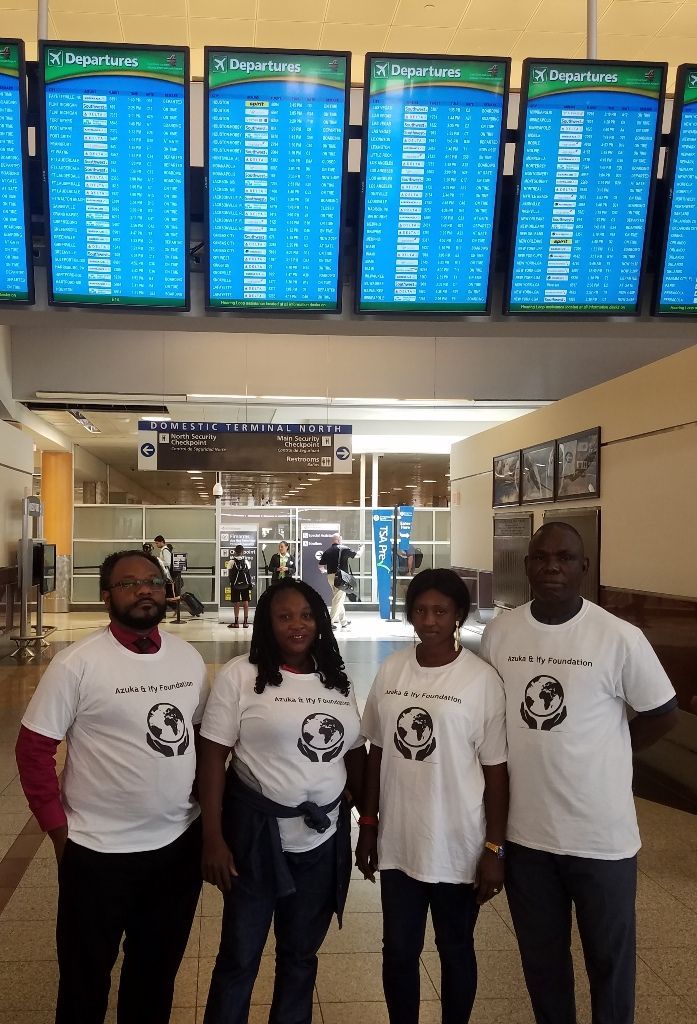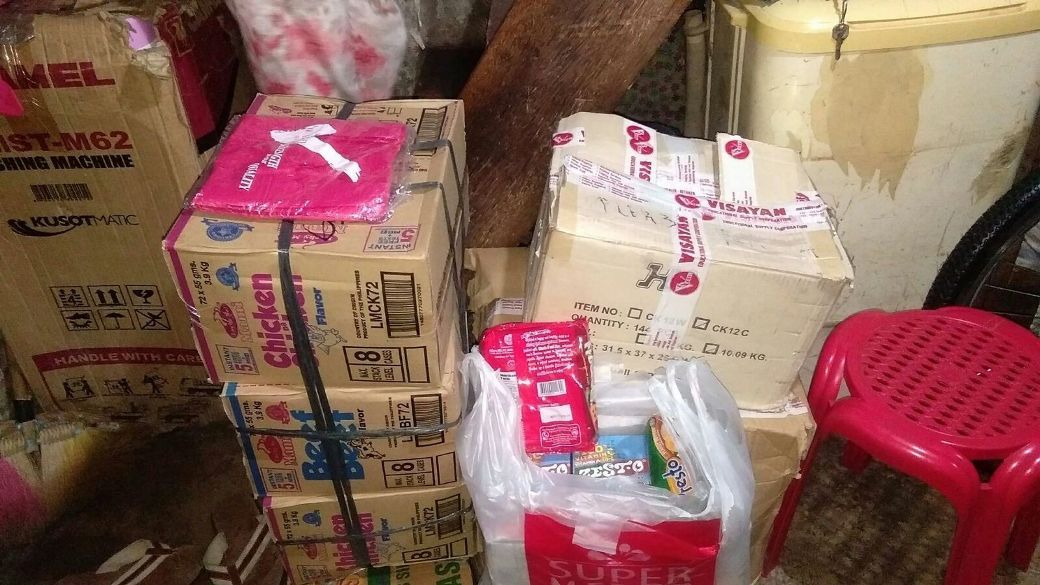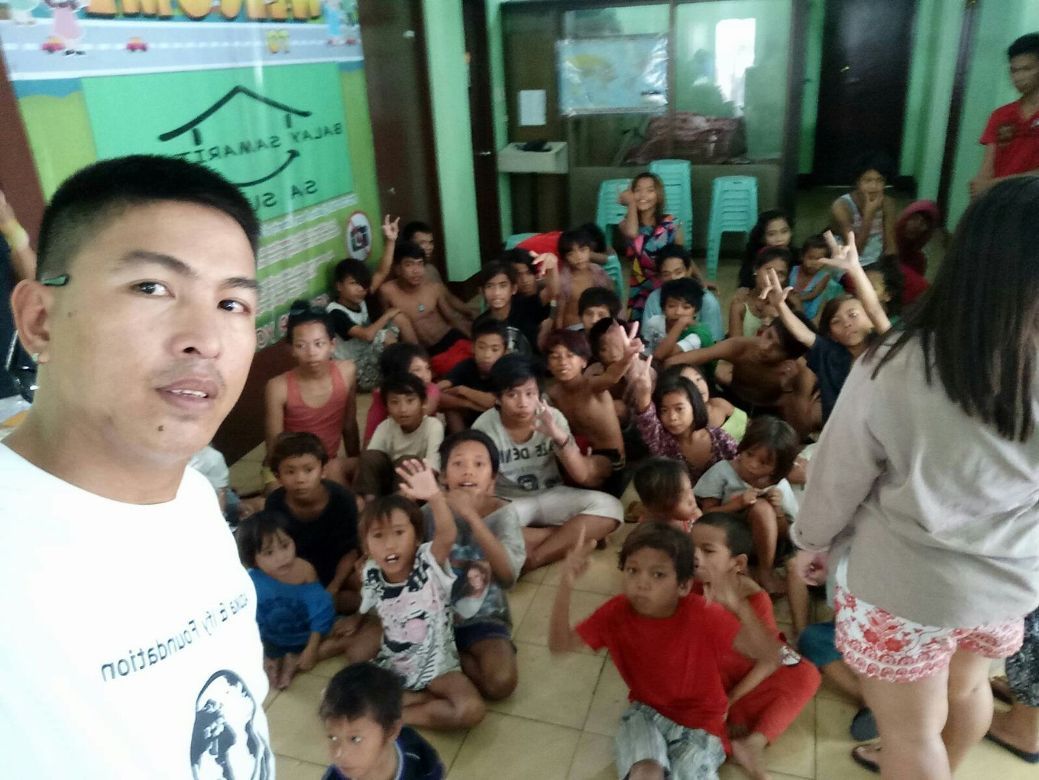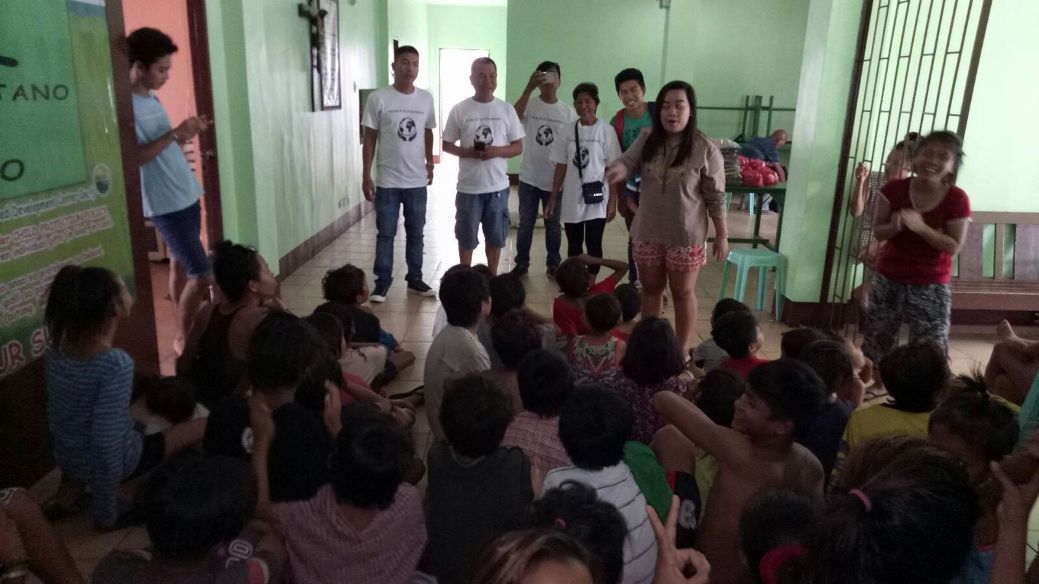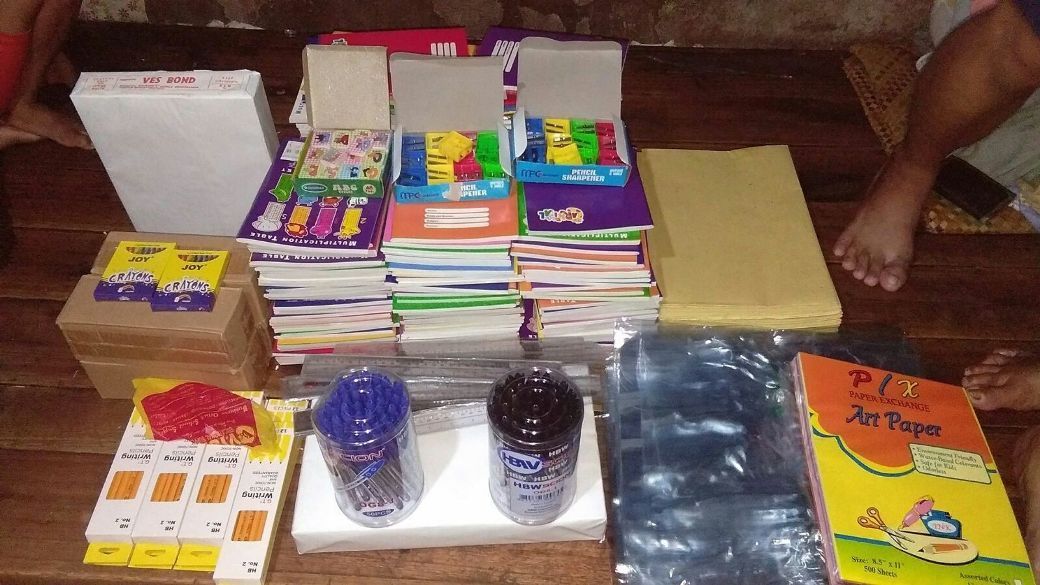HEALTH
"Every Individual Deserves a Basic Level of Education"
Under the Azuka and Ify Foundation every infant (child) deserves to be nurtured and cared for. The foundation vision for Health is to see health improved in all areas especially with infants. Come 2020 we believe infant mortality will be brought to its minimum. For us to achieve this laudable project we decided to carry out a study to enable us to identify the main factors responsible for infant death. To this effect we sampled different communities and took statistics of their health profiles both at home and in the hospitals. The study was majored in the rural areas and a few of the urban areas targeting at obtaining accurate figures and report for a projected quick solution.
The terms of study are as follows:
- Taking statistics of infant death during birth and after birth
- Taking oral questionnaire concerning the way the mothers handles their antenatal periods
- Taking both oral and written questionnaire concerning the hospitals on how they handle antenatal and post-natal
- Looking at the short comings on both the mothers and the hospitals
- Possible solutions
Taking statistics of infant death during birth and after birth
In our study we realized that more infants die at childbirth than after childbirth. According to statistics, out of 100% of the number of infant deaths 70% happen during childbirth while the remaining 30% happen after child’s birth. The ratio of infant death during delivery is 2:10 and the ratio after birth remains 1:10. This ratio brings to mind the importance of the vision of the foundation. Considering the awareness and the level of education now in the world we expect the ratio to fall below 1 and we believe this can be achieved.
In the year 1996, the infant mortality rate rose to 186.8 deaths per 1,000 live births. This figure fell gradually to 69.4 deaths per 1,000 live births in 2015. In 2016 the country recorded about 72.2. From the study we looked at 21 communities with childbirth of over 30,000 in the year 2016 and the rate fell from around 69.9 infant deaths to 1,000 live births.
Taking oral questionnaire concerning the way the mothers handle their antenatal periods
In another study concerning the way the mothers took care of themselves and their pregnancy, the findings revealed the following:
- Out of 2000 pregnant mothers 1600 are infected with malaria in one stage or the other. During the first trimester, most of the numbers within the 1600 go to the hospital for treatment of malaria and typhoid. More than 25% of these pregnant mothers lost their pregnancy due to these infections during and after birth.
- We also found out that about 50% of pregnant mothers do not undergo proper antenatal checkups, this is basically due to finance and some of them appear to the hospital at emergency or during complications.
- About 20% of pregnant mothers still caught up with outdated traditions where their beliefs circle around traditional methods of antenatal. These mothers are subjected to traditional medication which turns out to be with serious complications. Statistics have shown that out of 20% of these mothers 15% comes out with their infant dead.
Taking both oral and written questionnaire concerning the hospitals on how they handle antenatal and post-natal
Based on statistics about 15% of the total infant death occurs based on the way the hospital handles the antenatal and post-natal periods. The following explains the findings:
- 1 out of 15 infants dies prematurely due to lack of incubators in the community hospitals
- In case of infants born with cercarial session, about 2 out of 15 dies due to lack of hospital equipment
- Hospital hygiene in most of the community hospitals was recorded to be below average. This obviously isn’t good news for a mother on antenatal and post-natal.
Looking at the short comings on both the mothers and the hospitals
From our study, more than 60% of the mothers living in the communities are in an environment that is being infested with mosquitoes, Tes Tes fly and other insects that are known as carries of different kinds of infections. Many of the mothers and hospitals can’t afford to acquire treated mosquito nets and do not have access to portable pipe bore water.
The shortcomings are similar for both parties as finance is needed to put things in place. The mothers needed to be educated more on the needs of proper hygiene, regular antenatal checkups, family planning, immunization, post-natal checkup and the danger of traditional medications. The hospitals needed more seminars and assistance in hygiene and equipment.
Possible Solutions
Based on the findings and backed up with statistics the foundation is committed to achieving the vision 2020 on health where the infant mortality rate is brought to a minimum. The foundation hope to achieve this with through the following:
- Buy 10,000 treated mosquito nets worth about #200,000 (two hundred thousand naira) this will serve around the 21 communities.
- Liaise with medical centers around the communities to provide affordable medical checkups for the communities that need support. From statistics the contract will be given, and it will amount to #3,000000.00 (three million naira)
- Equip four general hospitals in the communities with standard surgical and hospital equipment. The estimated cost will be #10,000000.00 (ten million naira)
- Set up regular seminars in each of these communities at intervals of 3 months to educate them on the importance of family planning, routine checkups and personal hygiene. This will cost #500,000.00 (five hundred thousand naira) quarterly.
- Assist in providing immunization kits that will run around the communities. This will help protect the infants and save costs for mothers.
On this note the foundation is optimistic that if 80% of the proposals are achieved, it will no doubt go a long way to reducing infant mortality. However, the foundation has started this project already by first forming a board that is looking into this and visited some community hospitals to assist them with antiseptics. Also, the foundation has started meeting with the mothers to educate them on personal hygiene and the importance of regular antenatal.
We are so committed to seeing the infant mortality rate drop and with you this can be possible come 2020. We the Azuka and Ify Ubani Foundation are so willing to partnership with you as an individual, group or cooperative bodies. This partnership will go a long way in actualizing the vision of every infant in our communities.

